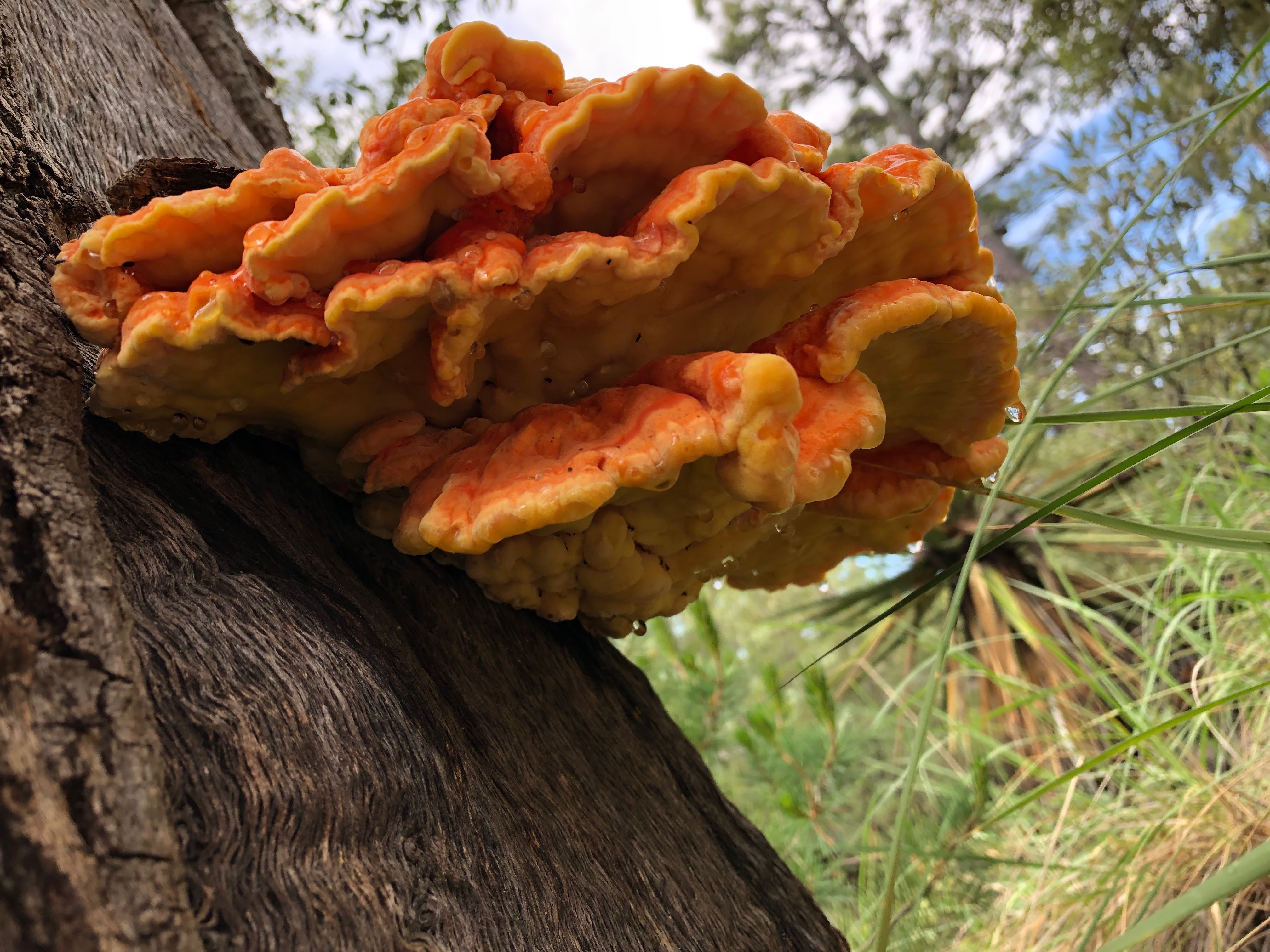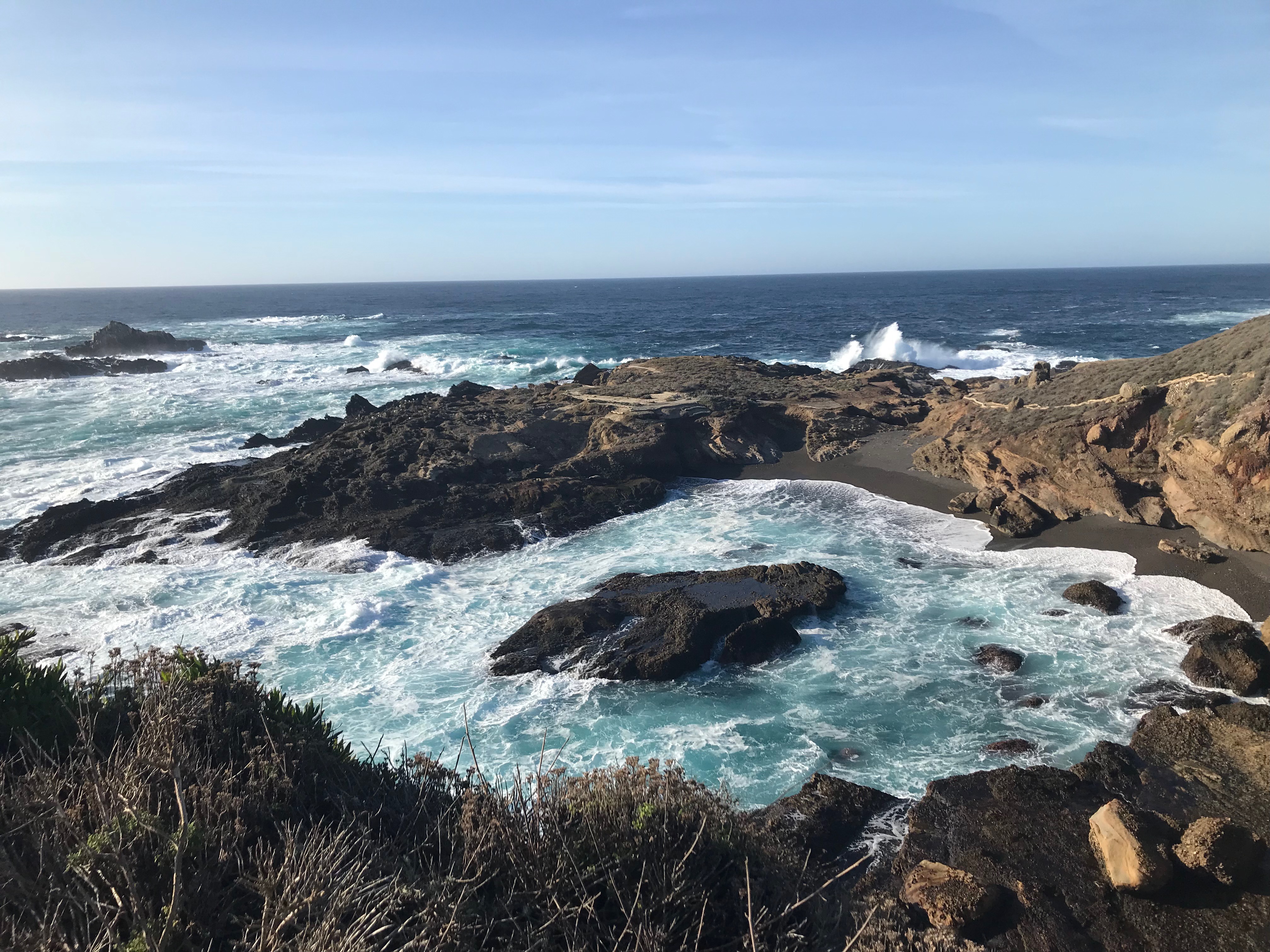Adoptee Literary and Art Archive
Environmental Justice is Adoptee Justice
Contents: About the Collection | About the About Page | Tech
The Archive
This project began out of disappointment.
Why are spaces outside of the adoptee community silent on environmental injustices surrounding adoption? In the discourse surrounding uncertain toxic futurities, reproductive anxieties, and climate disasters, adoptees of color (and their birth families) are typically erased in narratives of environmental humanitarianism and rescue. Adoptee Literary and Art Archive (ALAA)…
Seeks to uplift transracial adoptee voices and environmentalisms.
Begin conversations surrounding the intersections of transracial adoption, art, and environment.
Argues that transracial adoptee environmentalisms are essential for just environmental futures.
In “Archives, Records, and Power: The Making of Modern Memory” (2002), Joan M. Schwartz and Terry Cook state that “are not passive storehouses of old stuff, but active sites where social power is negotiated, contested, confirmed. The power of archives, records, and archivists should no longer remain naturalized or denied, but opened to vital debate and transparent accountability.” Transparency, accessibility, and open-source access to the means and methods of ALAA are essential elements of this digital humanities project.
The overwhelming majority of adoptee-led websites are developed through proprietary companies (e.g., WordPress, Squarespace, Wix, etc.). While ALAA was developed in the legacy of these adoptee spaces, we believe that proprietary platforms teach users how to use their interface instead of adequately supporting skills that translate to other digital humanities and web development projects.
Given that a prominent aspect of adoptee community-building since the mid-2000s has been through digital spaces and the lack of transparency in what Dr. Kimberly McKee calls the ‘transnational adoption industrial complex,’ ALAA is meant to empower transracial adoptees to have agency and direct ownership of their storytelling process and archival repositories through digital humanities initiatives.
ALAA was developed using the University of Idaho Library’s CollectionBuilder, chosen for its accessibility, transferability, customization, and metadata capabilities. CollectionBuilder uses the static site generator Jekyll to generate digital collections, and visitors to ALAA are able to download the repository’s data and replicate its methodology to create their own digital archives (although contributors’ work is licensed under a restrictive Creative Commons license).
ALAA invites transracial adoptees 18 years of age or older to contribute literary or artwork. We also welcome artist collectives and intergenerational adoptees, defined here as those who have a parent or grandparent who was adopted transracially, to contribute.
Contributors must also connect their work to the environment. ‘Environment’ includes the places where we ‘live, work, and play.’ Broadly, it includes the ‘natural’ environment and urban spaces. We are interested in the relationships transracial adoptees have with the environment. Contributions that navigate questions of uncertain climate futures are of particular interest, although this is not a requirement. For example, reflections on birdwatching in Minneapolis are just as welcome as artwork examining the relationship between environmental disasters and transracial adoption.
Beyond formatting guidelines for submission to ALAA, there are no restrictions on the type of contribution. We welcome film, audio, text, and image representations of sculptures, paintings, creative fiction, memoir, poetry, ceramics, and other literary or art forms of contributors’ choice. Accepted contributions will be licensed under a restrictive Creative Commons agreement CC BY-NC-ND 4.0.
A list of optional guiding prompts is available to aid in sparking ideas, thoughts, questions, and curiosities for creating work.
In 2022, ALAA served as Hannah Gershone’s terminal master’s project through the University of Oregon’s Environmental Studies department, although its work continues today. She was mentored and advised by her three committee members: Dr. Sarah D. Wald (Chair), Kate Thornhill, and Dr. Mattie Burkert.
First and foremost a resource for transracial adoptees, the digital archive continues the legacy of adoptee activism, which demands that adoptee voices are seen, heard, and understood as legitimate sites of knowledge.
The archive will also serve as a wealth of primary resources for scholars interested in discussing adoption, environment, and uncertain climate futures within the same breath.
ALAA is a beginning, a reclamation, and one way in finding home.
Please visit Submission Overview for how to contribute.

